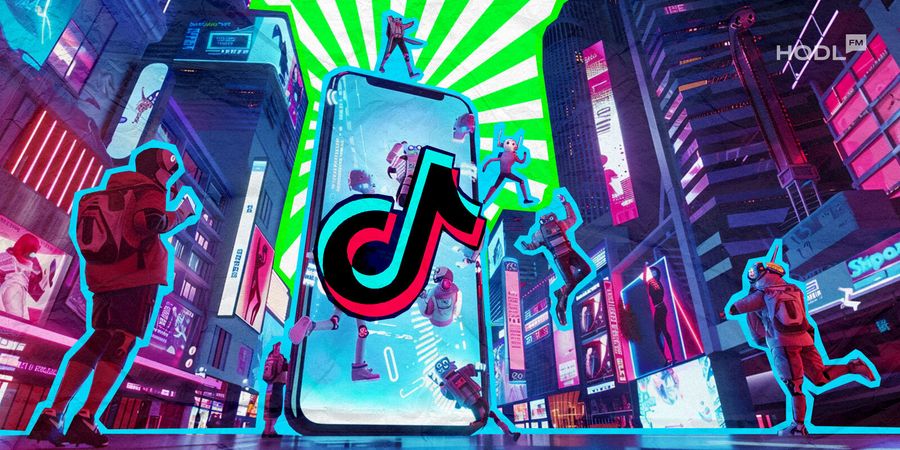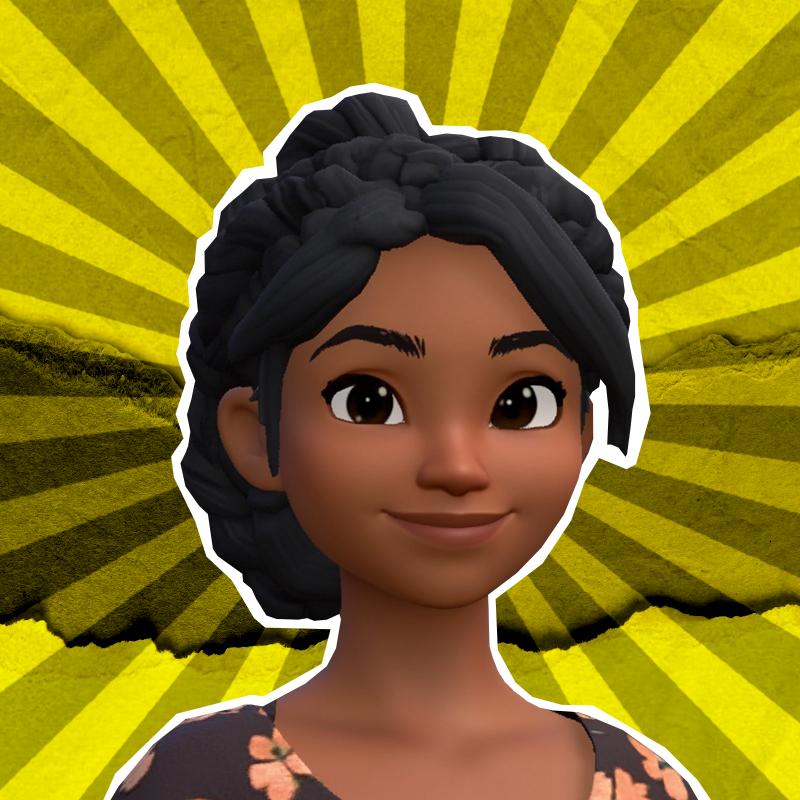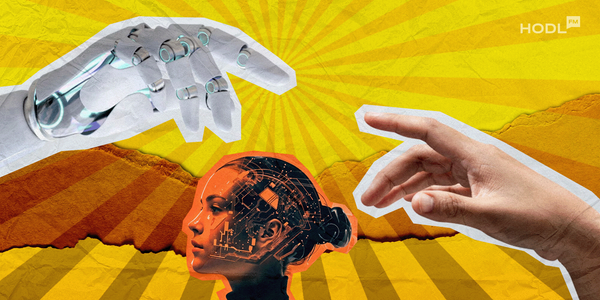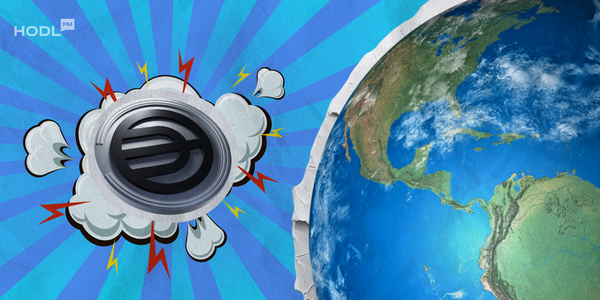On June 17, TikTok announced it is enhancing its advertising package, Symphony, with “standard avatars” and an “AI dubbing” feature, which it claims will help brands create and localize content. The AI avatars, translation, and dubbing features are currently in their beta versions and are accessible only to a limited number of users through a waitlist set up by TikTok. The social media added that custom avatars are being tested by the creator community.
Related: The Authorities Voted for a Law that Would Ban TikTok in the US
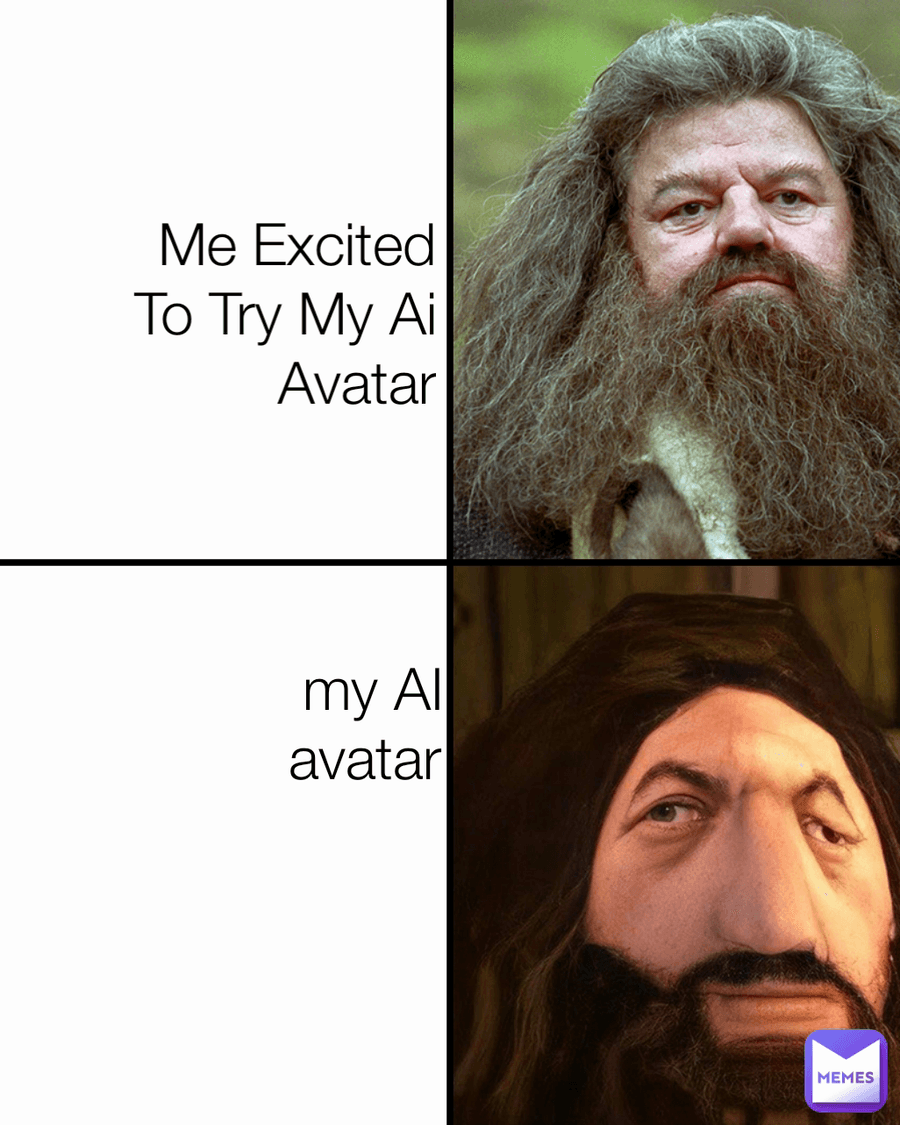
The Quirky World of AI Avatars
This time, the standard avatars are made from footage of real paid actors who have licensed their likenesses for commercial use. Users can select an AI-based “voice and accent” to read a script, which will then be dubbed onto the avatar, TikTok said.
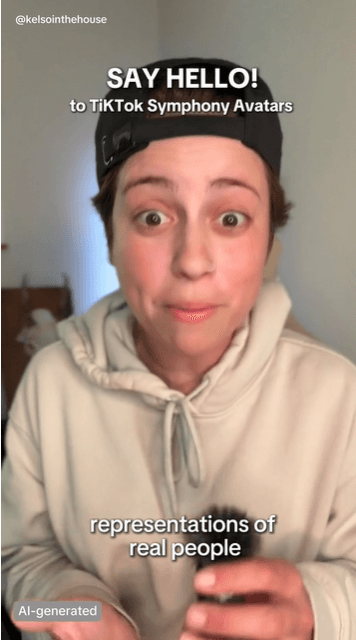
Its new tools include AI-based digital avatars that brands can dub and use to sell their products in multiple languages. The tool supports ten languages and dialects, including English, Spanish, Japanese, and Korean. It detects the input language and dubs it into the user’s target language.
A video demonstration shows that the text-to-speech tool can dub actors’ voices in multiple languages and even attempt to match mouth movements to the spoken language. AI can even generate the script. All that’s left is for the AI to post the videos and spend the ad revenue, and we can completely eliminate the human factor from social media management.
The Good, The Bad, and The Uncanny
The new avatar feature is part of TikTok’s AI-based advertising package, launched earlier in 2024, which includes a “virtual assistant” that scans the platform for trends and can generate ideas and scripts.
The platform also offers “custom avatars,” which clone the likenesses of content creators and brand representatives with the same “multilingual capabilities” as the standard bots.
TikTok will automatically label videos created with its AI tools as AI-generated “for full transparency.” A demo video featuring AI-cloned content creators shows a tiny label in the corner.
But AI clones aren’t perfect. The video shows that mouth movements and gestures often don’t match the spoken words — a phenomenon known as the “uncanny valley.” Now, don’t be surprised if instead of “use this toothpaste,” you see the avatar saying, “f*ck you.”
TikTok follows Zuckerberg
TikTok’s attempt to launch AI avatars comes hot on the heels of Meta’s September 2023 release of an AI chatbot. According to Zuckerberg, this bot is designed not just to provide useful information, but also to chat and entertain.
In addition to responding to questions and engaging in conversations with users, the bot has the capability to generate images using a new tool called Emu. Meta trained Emu on 1.1 billion data pieces, including photos and captions shared by users on Facebook and Instagram.
Highlighting its entertainment-centric AI offerings, Meta also introduced a series of chatbots modeled after approximately 30 celebrities, such as Paris Hilton, Snoop Dogg, and retired NFL star Tom Brady.
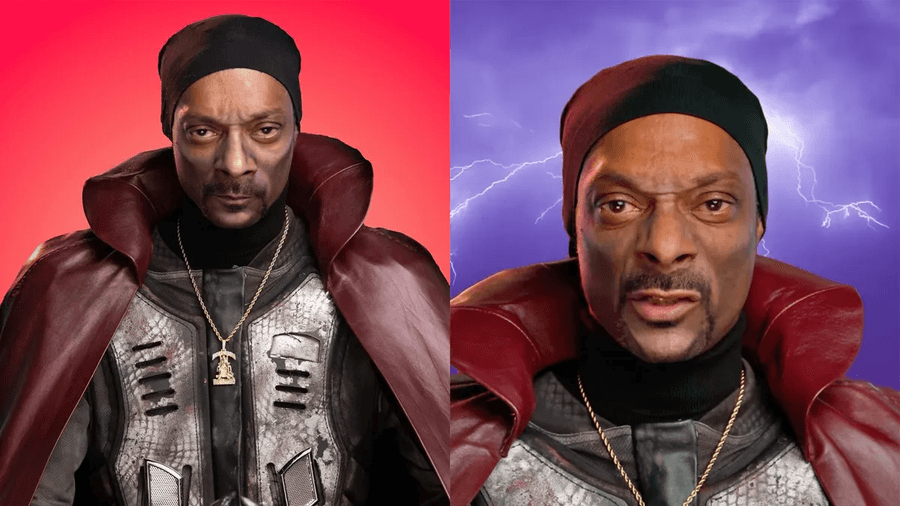
TikTok’s move seems to echo Zuckerberg’s approach, aiming to blend utility and entertainment. Who wouldn’t want to get fashion tips from Paris Hilton, sports advice from Tom Brady, or have Snoop Dogg guide them through a Dungeons & Dragons campaign?
Disclaimer: All materials on this site are for informational purposes only. None of the material should be interpreted as investment advice. Please note that despite the nature of much of the material created and hosted on this website, HODL FM is not a financial reference resource and the opinions of authors and other contributors are their own and should not be taken as financial advice. If you require advice of this sort, HODL FM strongly recommends contacting a qualified industry professional.
